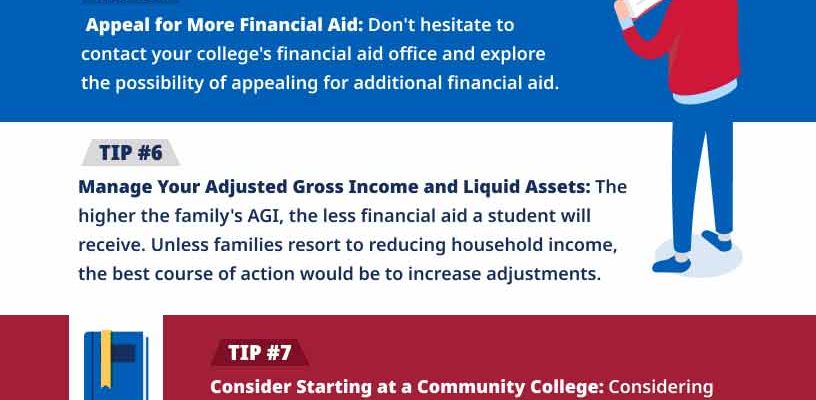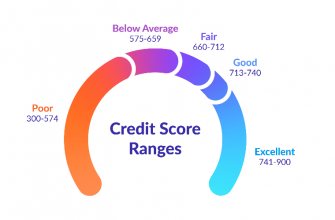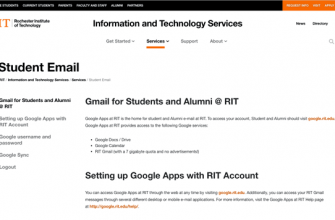Top Financial Assistance Programs for Students and Families
Many individuals dream of pursuing higher education but often face financial obstacles that make it seem out of reach. Fortunately, there are numerous initiatives designed to lighten the burden of educational expenses. These resources play a crucial role in helping students realize their academic ambitions, allowing them to focus on learning rather than the stress of how to pay for it all.
The landscape of funding opportunities can be overwhelming, with various forms of assistance available to those in need. From scholarships that reward hard work and potential, to low-interest loans that offer manageable repayment options, the choices are vast. Navigating through this sea of options is essential to finding the right fit for each individual’s unique circumstances.
Understanding the different types of financial resources can empower students and their families to make informed decisions. By exploring available avenues, such as grants, work-study programs, and endowments, you can uncover the most suitable solutions for achieving educational goals. With the right support, the path to academic success becomes not just a dream, but a tangible reality.
Top Scholarships Available for Students
When it comes to pursuing education, there are various opportunities that can help lighten the financial load. Many organizations and institutions offer generous support to help students achieve their dreams. Scholarships can significantly impact your academic journey, making education more accessible and affordable.
National Merit Scholarship is a prestigious award aimed at high school students who excel in standardized testing. Recipients can receive substantial funding for their college education, making this a sought-after option for many ambitious learners.
Another noteworthy option is the Pell Grant, a federal initiative designed to assist undergraduates with exceptional financial needs. While technically not a scholarship in the traditional sense, it provides vital support that can cover a substantial portion of tuition expenses.
Additionally, the Posse Foundation offers dynamic leadership scholarships aimed at students from diverse backgrounds. This initiative not only provides funds for college but also emphasizes the importance of community and teamwork throughout the educational experience.
If you’re looking for specific fields of study, consider the Jack Kent Cooke Foundation Scholarship. It is tailored for high-achieving students with significant financial challenges, available for various academic pursuits at the undergraduate level.
Finally, local scholarships can sometimes be the hidden gems that many overlook. Various community organizations, businesses, and civic groups frequently provide financial support tailored to students within their regions. These opportunities can often lead to significant awards without intense competition.
Each of these options presents unique benefits and criteria. Exploring all your choices can unlock significant educational opportunities, helping you focus on your studies rather than financial stress.
Understanding Federal Financial Assistance Options
Navigating the world of monetary support can be a bit overwhelming, especially when you’re trying to find the right resources to help with your education. The government offers a variety of opportunities to help individuals manage the costs associated with schooling. These resources are designed to reduce the financial burden and make education more accessible for everyone.
One of the key aspects to keep in mind is that not all assistance is the same. There are loans that you’ll need to pay back, grants that don’t require repayment, and work-study programs where you can earn money while studying. Each option has its own set of benefits and considerations that can influence your decision on what fits your unique situation best.
Applying for these resources typically requires filling out a specific form, which will help determine your eligibility based on various factors such as your income and household size. This process may seem daunting at first, but once you understand the steps involved, it can lead to opportunities that significantly lighten your educational expenses.
In addition to federal offerings, it’s essential to explore state and institutional assistance as well. Often, schools have their own resources that can complement what the government provides. Taking the time to research all available options will empower you to make informed choices about your education funding.
Remember, seeking assistance is a proactive step toward your educational goals. Don’t hesitate to reach out for guidance and support along the way, as many resources are readily available to help you navigate this journey.
Alternative Funding Sources for Education
When it comes to pursuing education, exploring different avenues for support can make a world of difference. While traditional options like scholarships and grants often come to mind, there are plenty of other resources that can help lighten the financial load. These alternatives can open doors for many students looking to further their studies without the burden of excessive debt.
One intriguing option is crowdfunding. This method allows students to create campaigns on various platforms, sharing their stories and goals. Friends, family, and even strangers can contribute to help cover tuition and related expenses. It’s a modern approach that not only raises funds but can also foster a sense of community and support around educational pursuits.
Another resource worth considering is work-study programs. These opportunities enable students to work part-time while studying, providing them with valuable experience and income. Positions might be on-campus or with community partners, offering flexibility to balance academics with job responsibilities. This not only helps with finances but also enhances resumes with relevant work experience.
Additionally, some organizations offer forgivable loans for students in specific fields. This means that if graduates work in underserved areas or in high-demand professions after completing their studies, a portion or all of their loan may be forgiven. It’s a win-win situation that helps meet critical workforce needs while supporting students financially.
Lastly, don’t overlook the potential of community-based foundations or local businesses that provide funding to aspiring students. Many local organizations are dedicated to supporting education within their communities and may have less competitive requirements compared to larger scholarships. It’s worth checking what might be available in your area.
In summary, while conventional funding options are great, being open to innovative funding strategies can significantly impact your educational journey. By tapping into a variety of resources, students can construct a more manageable financial path toward achieving their academic goals.









